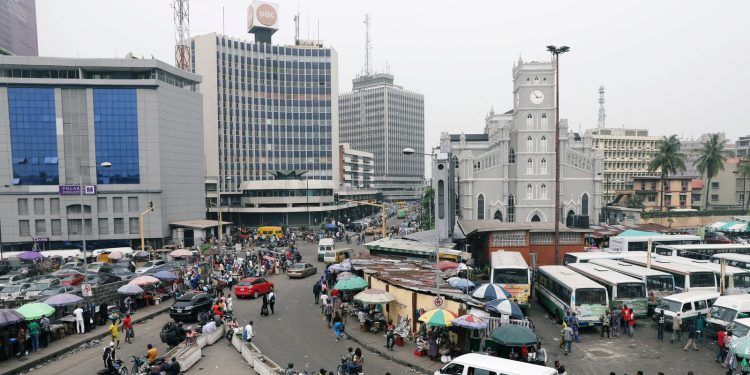The Nigerian Economic Summit Group (NESG), has said it expects Nigeria’s Gross Domestic Product (GDP) to return to positive growth this year on the back anticipated stability in crude oil prices and a greater recovery of the global economy in the later part of 2021.
The positive GDP growth – no positive growth rate projection given – according to a report by NESG, will however, not be accompanied with reduction in unemployment, underemployment and poverty reduction rates given the weak correlation between output and these indicators in Nigeria.
The Covid-19 pandemic in 2020 halted the 12 consecutive quarters of positive GDP growth of the Nigerian economy as the economy contracted by 6.1 percent and 3.6 percent in the second and third quarters of 2020 respectively, triggering a second recession in the space of five years.
Inflation rate also kept up the momentum, closing the 2020 fiscal year at 15.8 percent from 12.1 percent in January. In addition, exchange rate faced intense pressure, which led to series of devaluations of the Naira as external reserves depleted, foreign investment inflows declined and oil receipts plummeted.
In 2020, the socio-economic condition in Nigeria worsened as unemployment rate rose to 27.1 percent as at June 2020 with about 8.6 million Nigerians expected to have fallen into poverty last year.
According to NESG, Nigeria’s economy in 2021 just like in 2020, will be characterized by uncertainties with many of the challenges faced in 2020 remaining or even amplified.
“In 2021, many of the challenges encountered in 2020 will remain, or perhaps become amplified; so will the expectations of citizens and the business community on the government to address these challenges,” stated the report.
The group in its report also noted of the possibility of the re-emergence of high Covid-19 infection rates in the country leading to a third or possibly even a fourth and fifth wave of the pandemic intensifying existing pressure on the nation’s health systems and the economy at large.
“In our moderate case scenario for 2021, we do not expect the implementation of lockdown and movement restrictions as experienced in April 2020. However, selected restrictions which will affect sectors such as education, transport, accommodation and food services, etc will be implemented,” added the report.









